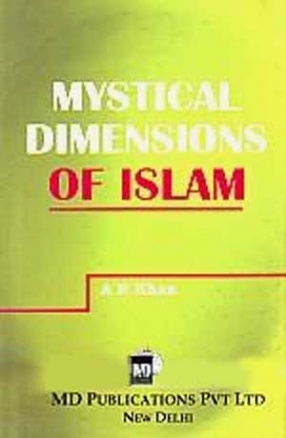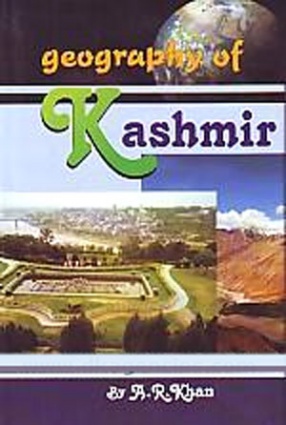Islamic mysticism is indispensable for a deep understanding of the inner dimensions of Islam. This module aims at introducing the salient features of the mystical tradition of Islam including the historical background of the mystical tradition, the foremost figures who played a major role in its development, the main issues pertaining to mysticism and their manifestations in both the religious and social contexts as well as the classical works dealing with both theoretical and practical mysticism.
The Sufis of Islam believe in the oneness of Being and by being they mean God's Being. They maintain that everything is in God. Even space and the whole universe is included in God's Being (Wujud). The Mystical tradition within Islam, which eventually grew into Sufism was shaped by unique cultural, political and historical factors which blended with traditional Muslim doctrine, rites and practices. Factors such as increasing piety and asceticism, literary movements, international relations all shaped the emergence of the Sufi sector. This overview will trace the development of mystical tendencies and the historical contexts and influences that influenced this development and introduce some influential figures.








There are no reviews yet.